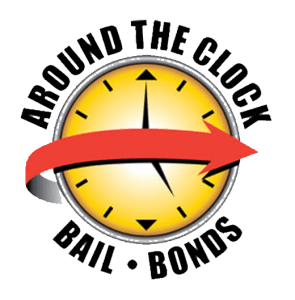What is a Bail Bond Forfeiture?
A defendant’s bail is determined according to preexisting bail schedules or by the magistrate before arraignment. The defendant or his agent contacts a bail agent and the bail bond firm makes necessary arrangements to post required bail. At that point, the defendant is temporarily released from jail. To compensate for risk that the defendant may not appear at the agreed upon dates and times in court, the bail firm charges a premium of approximately ten percent.
Bail Bond Forfeiture Hearing
When the defendant misses a court date, the presiding judge typically orders a bail bond forfeiture hearing. At the hearing, the judge hears whether the defendant has reasonable cause for not appearing in court.
If the judge decides the defendant does not have just cause, then he or she usually issues an arrest warrant. The order is likely to include instructions about the defendant’s return by a certain date. When the defendant is not brought back to the jurisdiction by that time, or the defendant remains at large, the court proceeds with bail bond forfeiture.
Additional Charges Against the Defendant
Arranging bail is usually considered a straightforward matter. When the defendant goes missing, the bail bond forfeiture may serve to complicate procedures. The defendant may be accused of additional civil and/or criminal charges as a result.
Bail Bond Surety Issues
Like other insurers regulated in those states, the bail bond firm may place the surety firm underwriter in regulatory jeopardy. If a significant bail bond forfeiture occurs, the surety firm may forbid the bail bond agent to operate as its agent. This may place the livelihood of the bail bondsman in jeopardy.
Loss of Collateral
If an alleged criminal put up collateral to secure a bail bond, then the bond company may be able to sell the property to raise cash. The bail bondsman must pay the court in cash after a bail bond forfeiture is ordered. If the defendant’s co-signors provided collateral to secure the bail bond, they are likely to forfeit them. In some cases, bail bond forfeiture can mean the loss of major assets like a house or car. The bail bondsman may also recover costs related to locating the whereabouts of the defendant by liquidating collateral.
Bail Bond Forfeiture Judgments
Bail bond forfeiture procedure varies according to the jurisdiction. Many courts allow sufficient time for the bail agent to apprehend and bring the accused to trial before the judgment is paid. In some cases, the court may put bail bond forfeiture judgments aside if the defendant’s failure to appear in court occurred for a good reason.
Bond Capital at Risk
More than two million defendants are temporarily granted freedom from jail each year because Eighth Amendment rights. Bail bond arranged by bond firms is placed at risk in order to make pretrial release possible for accused people.


